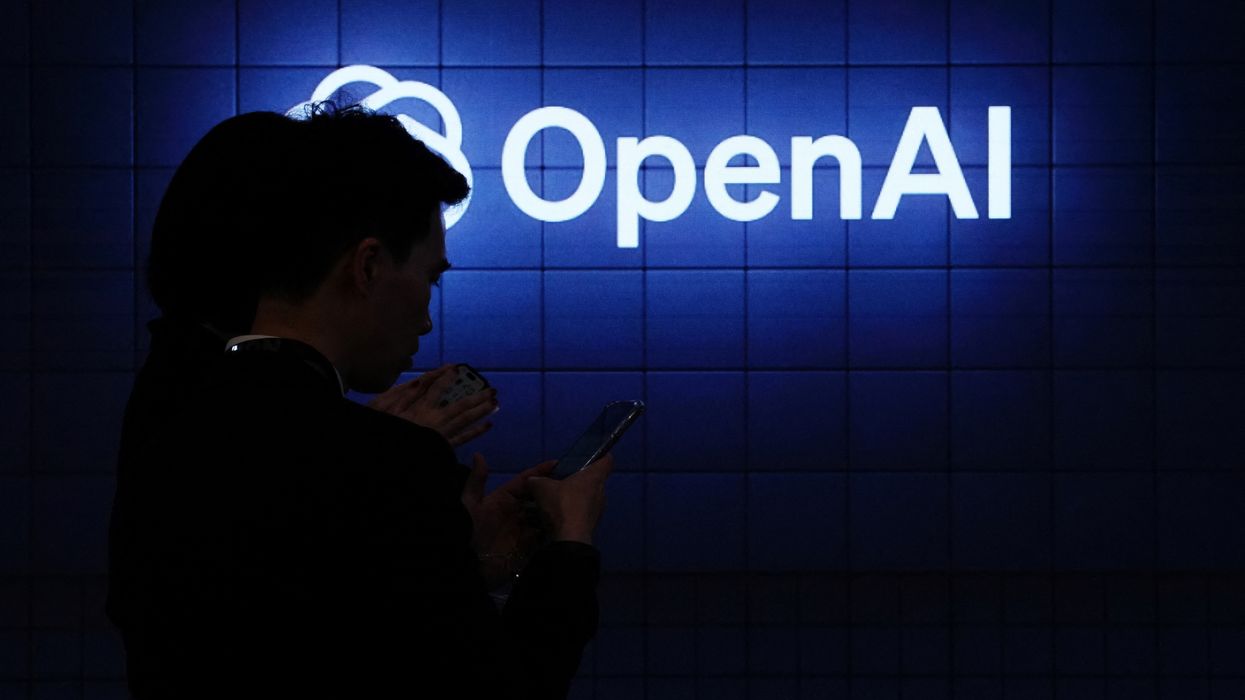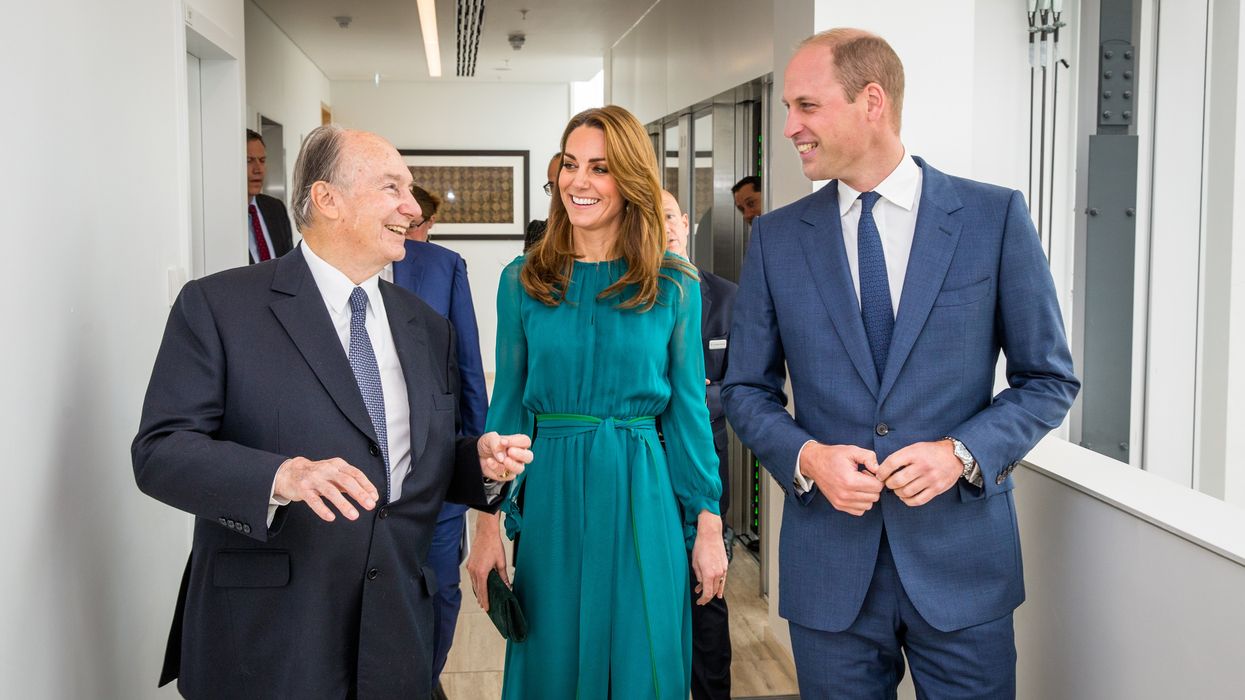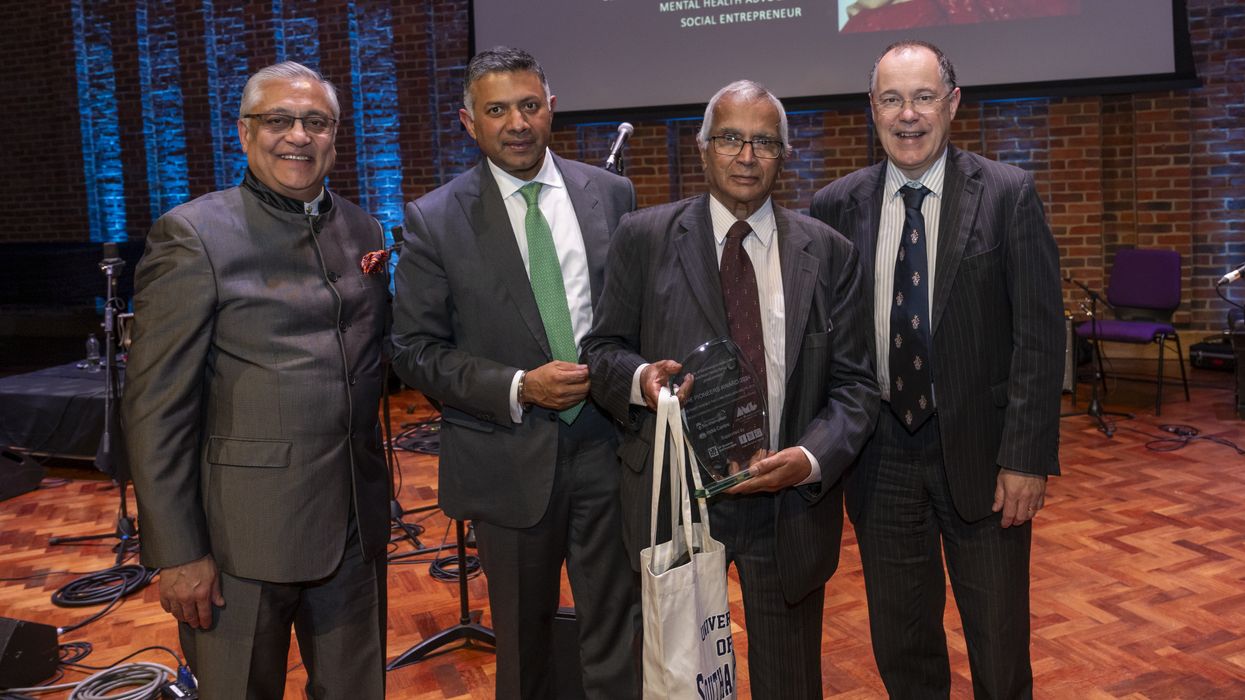NAFIS ANSARI, a school principal who is Muslim, was enlisted this year by the ruling Bharatiya Janata Party (BJP) as a "Modi Mitr", or friend of Indian prime minister Narendra Modi.
The resident of the central state of Madhya Pradesh promotes the party to neighbours and relatives at events such as weddings and tea sessions at friends' homes. He speaks about how the BJP's welfare policies benefit all communities, and talks up India's status as a rising global power under Modi.
Ansari is one of more than 25,000 Muslims who is volunteering to help Modi win a third term in elections due by May, BJP officials said. The party looks for community leaders like educators, entrepreneurs, clerics and retired government employees willing to "objectively" assess Modi, said Jamal Siddiqui, head of the BJP's minorities unit.
Reuters interviewed five Modi Mitrs and six BJP officials responsible for election strategy, who said the party hopes to use its economic record and its plans to introduce religion-agnostic laws on inheritance and gender rights to win over underprivileged Muslim voters, including women, in 65 key seats.
Specifics of the BJP's Muslim outreach strategy, such as the messaging it is using to target voters in these seats, have not been previously reported.
The campaign is part of a larger push to woo India's 200 million Muslims, with whom the BJP and Modi have a long and fraught history.
Muslims and rights groups allege some BJP members and affiliates have promoted anti-Islamic hate speech and violent vigilantism, targeted non-profits run by other religions with regulatory action, and demolished Muslim-owned properties.
Modi denies religious discrimination exists in India. Violence between Muslims and the Hindu majority is "deep-rooted" but only makes headlines now because political rivals use it to target the party when it holds power, said senior BJP leader Syed Zafar Islam, who is Muslim.
The prime minister leads in the polls, but a newly unified opposition alliance and a recent loss in a key state election have left party leaders worried about an anti-incumbent vote and fearful the BJP has maximised support in its Hindu nationalist base, analysts and opposition leaders said.
"Until you know us, you won't recognise us. Until you recognise us, (we) won't become friends," said Siddiqui of the party's Muslim outreach.
The BJP's website states that secularism in India has become "minority appeasement ... at the cost of majority". Some analysts say the party has politicised faultlines between Hindus and Muslims to such an extent that Modi's cabinet doesn't have a single Muslim minister.
The party sporadically sought Muslim support in past regional polls, but this national campaign is the first and most widespread of its kind, according to Siddiqui and Hilal Ahmed, an expert on Muslim politics at the Centre for the Study of Developing Societies, a Delhi-based think tank.
The BJP, which won about 9 per cent of the Muslim vote in the past two national elections, is targeting between 16 per cent and 17 per cent next year, said Yasser Jilani, spokesperson for its minorities unit.
Two officials told Reuters the BJP is focused on 65 seats in the 543-member lower house of parliament that have a Muslim voter population of at least 30 per cent, roughly double their share of the national population. They shared details of internal party strategy on condition of anonymity.
The BJP currently holds about two dozen of the seats, according to party officials, who declined to provide specific details on the exact seats being targeted.
Modi Mitr outreach focuses on spreading the BJP's economic message especially to "Pasmanda" Muslims, an Urdu term for marginalised members that make up a majority of that religious community.
Ujir Hossain, a Modi Mitr businessman in West Bengal, also spreads an economy-focused message when he visits his neighbour Mohammed Qasim's grocery shop. Hossain said he was attracted to the BJP because there is a "sky and earth difference" between Modi's accomplishments and those of the previous centre-left government.
"The BJP has never respected and addressed the concerns of this section of society and instead marginalised them systematically," said K C Venugopal, a senior lawmaker with the opposition Congress party that held power immediately before Modi.
Asked about the allegations of minority appeasement, he said that Congress doesn't pursue a strategy of divide and rule: "Elections should be fought on economic and development issues not on the basis of religion and identity."
(Reuters)




















